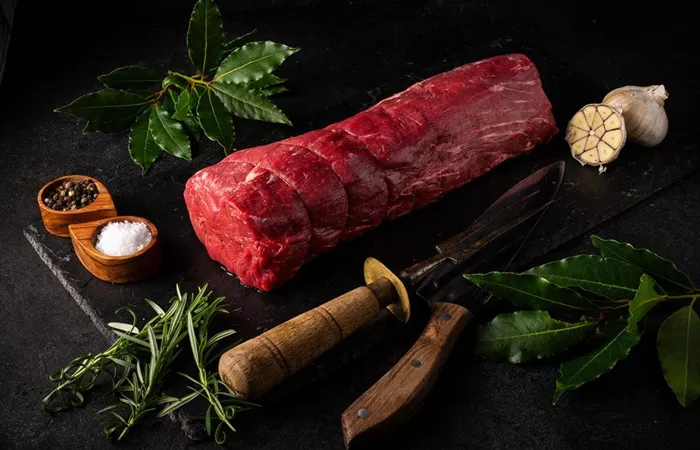The United States is likely to resume cattle imports from Mexico by the end of the year, following a temporary halt due to an outbreak of New World screwworm in Mexico, a senior U.S. agriculture official said on Wednesday.
The New World screwworm is a dangerous pest that affects livestock, wildlife, and, in rare cases, humans. The pest’s maggots burrow into animals’ skin, causing severe and often fatal wounds.
Earlier this month, the U.S. Department of Agriculture (USDA) suspended cattle imports from Mexico after the pest was found moving closer to the U.S. border.
“We want to ensure Mexico’s surveillance is strong enough to give us a clear picture of the risk of the fly spreading further north,” said Dr. Rosemary Sifford, the USDA’s chief veterinary officer. She spoke to Reuters during the annual meeting of the World Organisation for Animal Health in Paris.
Sifford said that unless there is a major setback, imports will resume before the end of the year. “It’s hard to say exactly when, but definitely before year-end, unless something really dramatically changes,” she said.
So far, no new screwworm cases have been detected farther north than one confirmed two weeks ago, about 700 miles from the U.S.-Mexico border, she added.
Mexico’s agriculture ministry said on Tuesday that a USDA team will soon travel to the country to assess the situation.
In addition to screwworm, Sifford also addressed the spread of highly pathogenic avian influenza, or bird flu, in U.S. dairy cattle. She said the USDA is working to bring the outbreak under control by the end of the year.
Since 2022, the virus has killed more than 173 million birds in the U.S., including chickens and turkeys. Since 2024, it has also infected over 1,000 dairy herds. According to the U.S. Centers for Disease Control and Prevention (CDC), 70 people—mostly farm workers—have tested positive since last year.
Sifford said the only new infections in dairy cows are occurring in areas that already had outbreaks and are linked to poor biosecurity. “I’m not sure if we’ll fully stop it by summer, but we’re on a steady path,” she said.
As for poultry, Sifford expects a quieter summer. She noted that fewer outbreaks have been reported in recent weeks, and there have been no new cases linked to wild birds, which often spread the virus.
“We are not seeing introductions from wild birds, so we are expecting a quiet summer,” she said.
Related topics:


